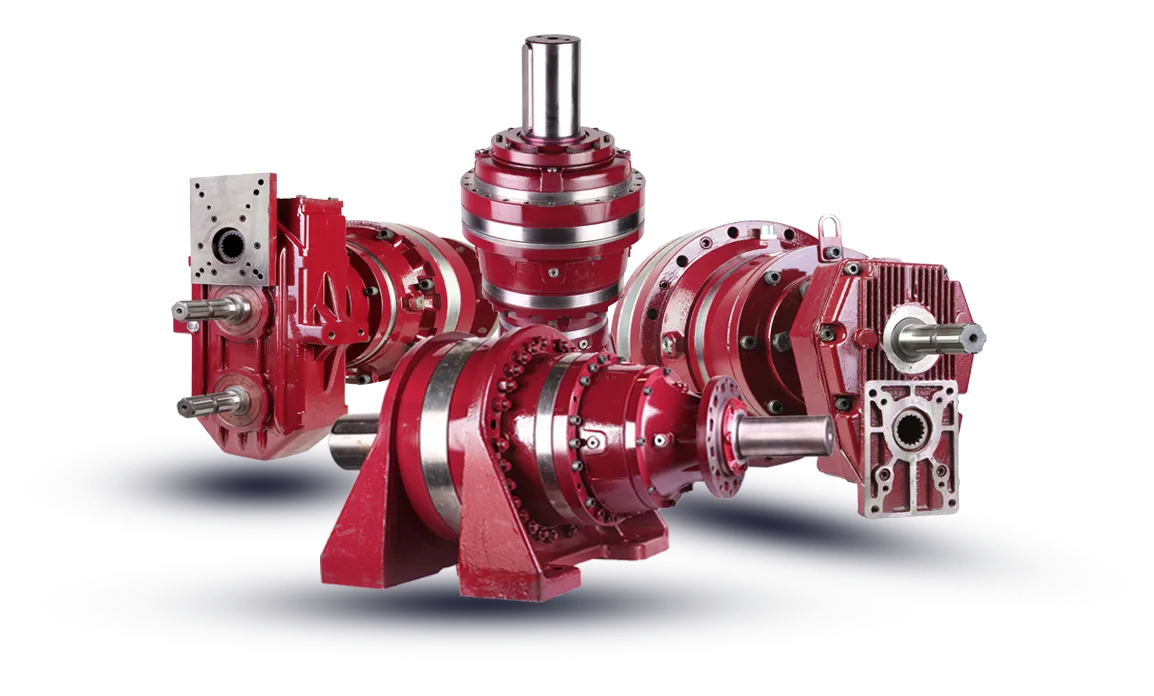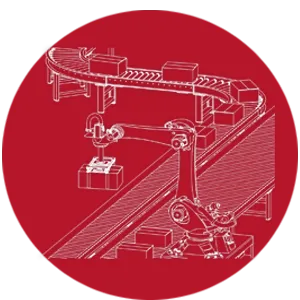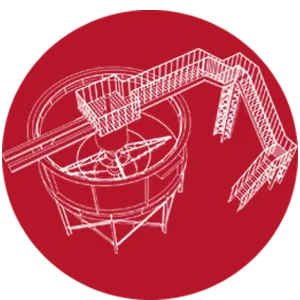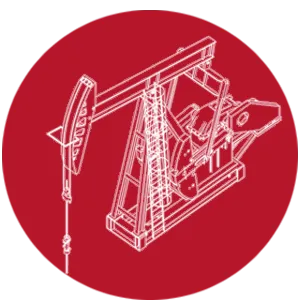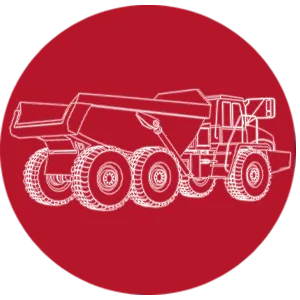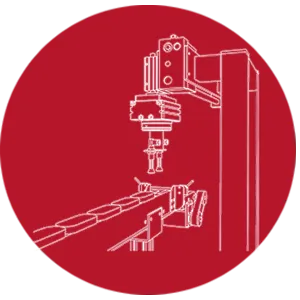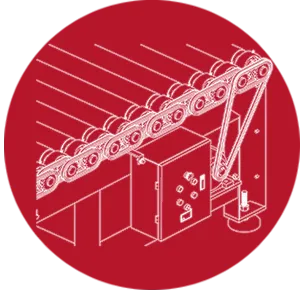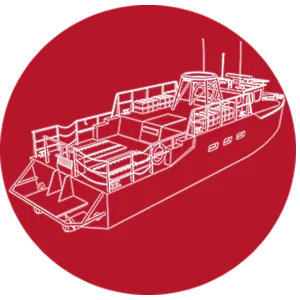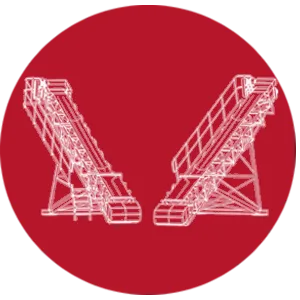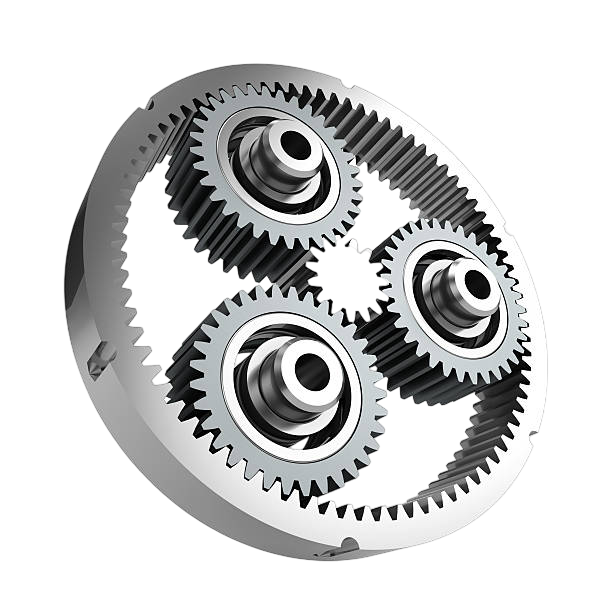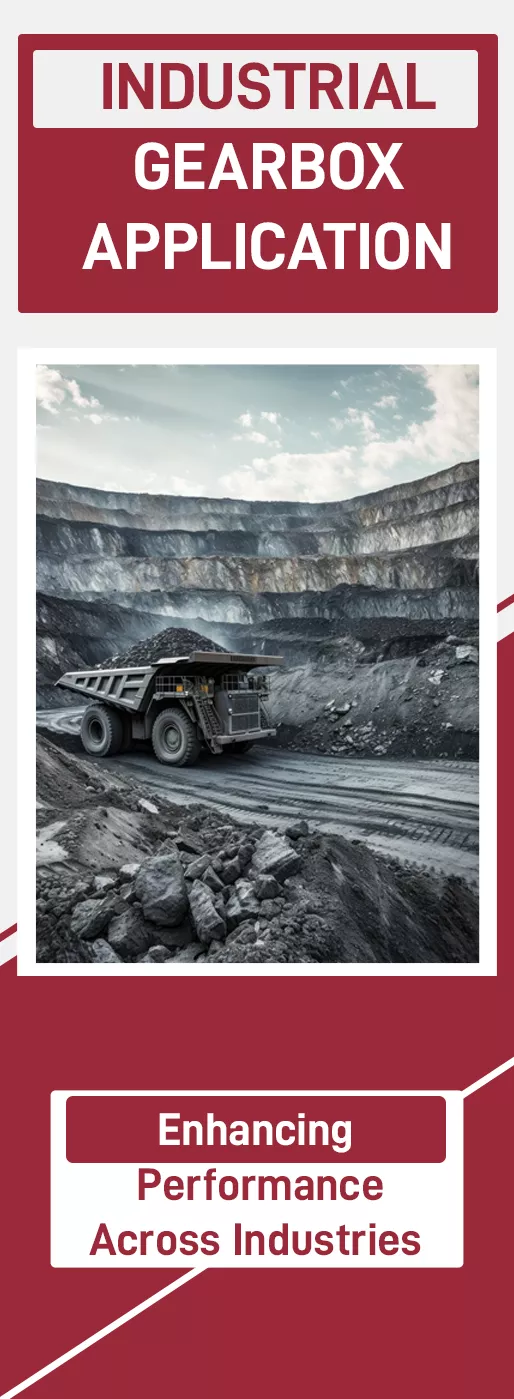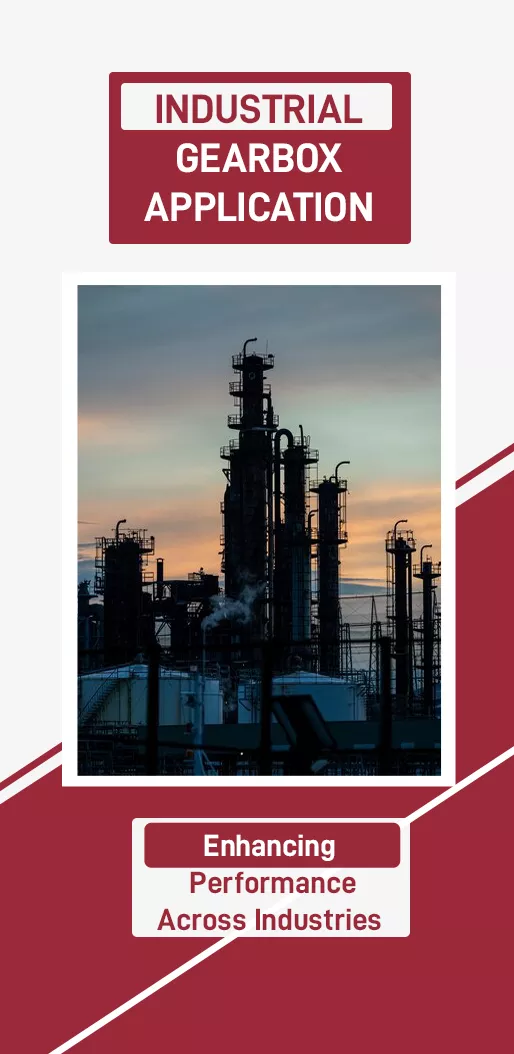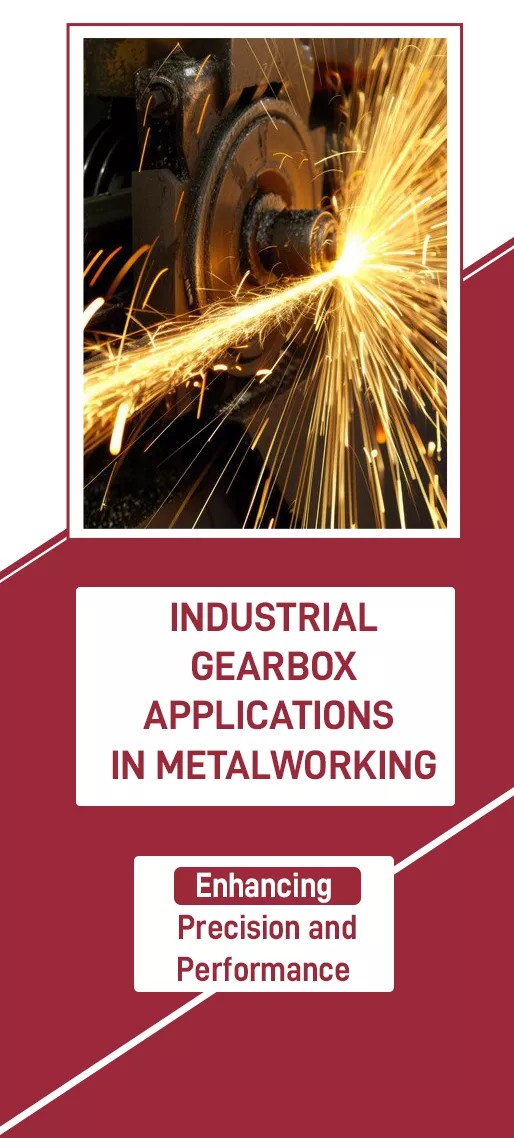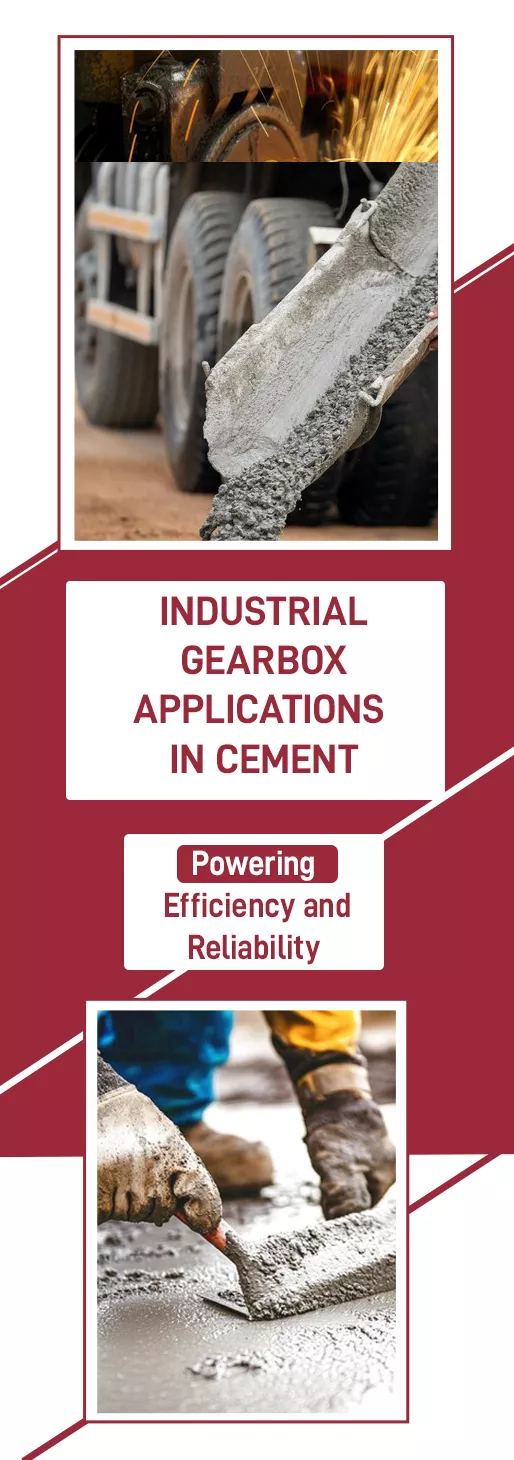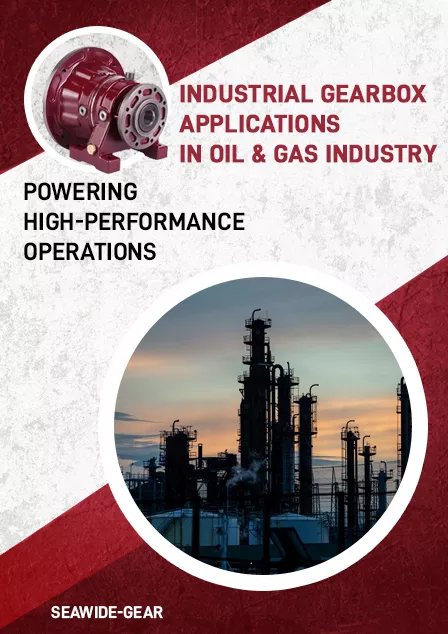Industrial Gearbox Applications: Enhancing Performance Across Industries
Industrial gearboxes are essential components in modern machinery, providing efficient power transmission, precise speed control, and optimized torque in a wide range of applications. With their advanced design and robust construction, industrial gearboxes ensure reliability and durability even in the most demanding environments. This article explores the key industrial gearbox applications across various sectors, highlighting their benefits, technical considerations, and industry-specific solutions.
In the realm of industrial machinery, the role of gearboxes cannot be overstated. These devices are integral to the operation of various machines, providing the necessary torque and speed adjustments that ensure efficiency and reliability. Understanding the applications of industrial gearboxes can significantly enhance operational performance across numerous sectors, from manufacturing to energy production.
Industrial gearboxes are mechanical devices that transmit power and torque from one component to another, often altering the speed and direction of motion in the process. Their applications are diverse, making them a critical component in numerous industries. Whether in conveyor systems, mixers, or pumps, industrial gearbox applications are pivotal in optimizing performance and enhancing productivity.
One of the most common applications of industrial gearboxes is in conveyor systems. In manufacturing and logistics, conveyor belts are essential for transporting materials from one point to another. Gearboxes in these systems allow for precise control over the speed of the conveyor, ensuring that materials are moved efficiently without causing jams or delays. The right gearbox can make a significant difference in throughput, especially in high-demand environments.
In the food and beverage industry, industrial gearboxes are crucial for processes such as mixing, blending, and packaging. In mixing applications, a gearbox can control the speed of the mixer, allowing for a consistent and high-quality blend of ingredients. This precision is vital, as the quality of the final product often hinges on the consistency of the mixture. Gearboxes also play a key role in packaging processes, ensuring that machines operate smoothly and at the correct pace, minimizing downtime and maximizing output.
Another significant application of industrial gearboxes is in the energy sector, particularly in wind turbines. Gearboxes in these systems convert the low-speed rotation of the turbine blades into higher-speed rotation that can be used to generate electricity. This application highlights the importance of gearboxes in renewable energy, where efficiency and reliability are paramount. As the demand for clean energy continues to rise, the role of gearboxes in wind energy production becomes increasingly critical.
In the mining and mineral processing industries, industrial gearboxes are employed in various applications, including crushers, mills, and conveyors. The harsh environments and heavy loads associated with these operations require gearboxes that are robust and capable of withstanding extreme conditions. High-performance gearboxes enhance the efficiency of mining operations, ensuring that materials are processed quickly and effectively.
Key Considerations for Selecting the Right Industrial Gearbox
When selecting the right industrial gearbox for a specific application, several factors must be considered. The type of load the gearbox will handle is fundamental, as conveyor systems, mixers, or pumps may all have differing requirements. Understanding load demands ensures the gearbox can operate effectively without failure.
Why Industrial Gearboxes Are Crucial
An industrial gearbox converts energy from a motor into the desired speed and torque required by different types of machines. Their use improves operational efficiency, minimizes energy consumption, and extends the service life of equipment. Whether used in mining, marine, manufacturing, or food processing, industrial gearbox applications play a vital role in achieving high productivity and performance.

